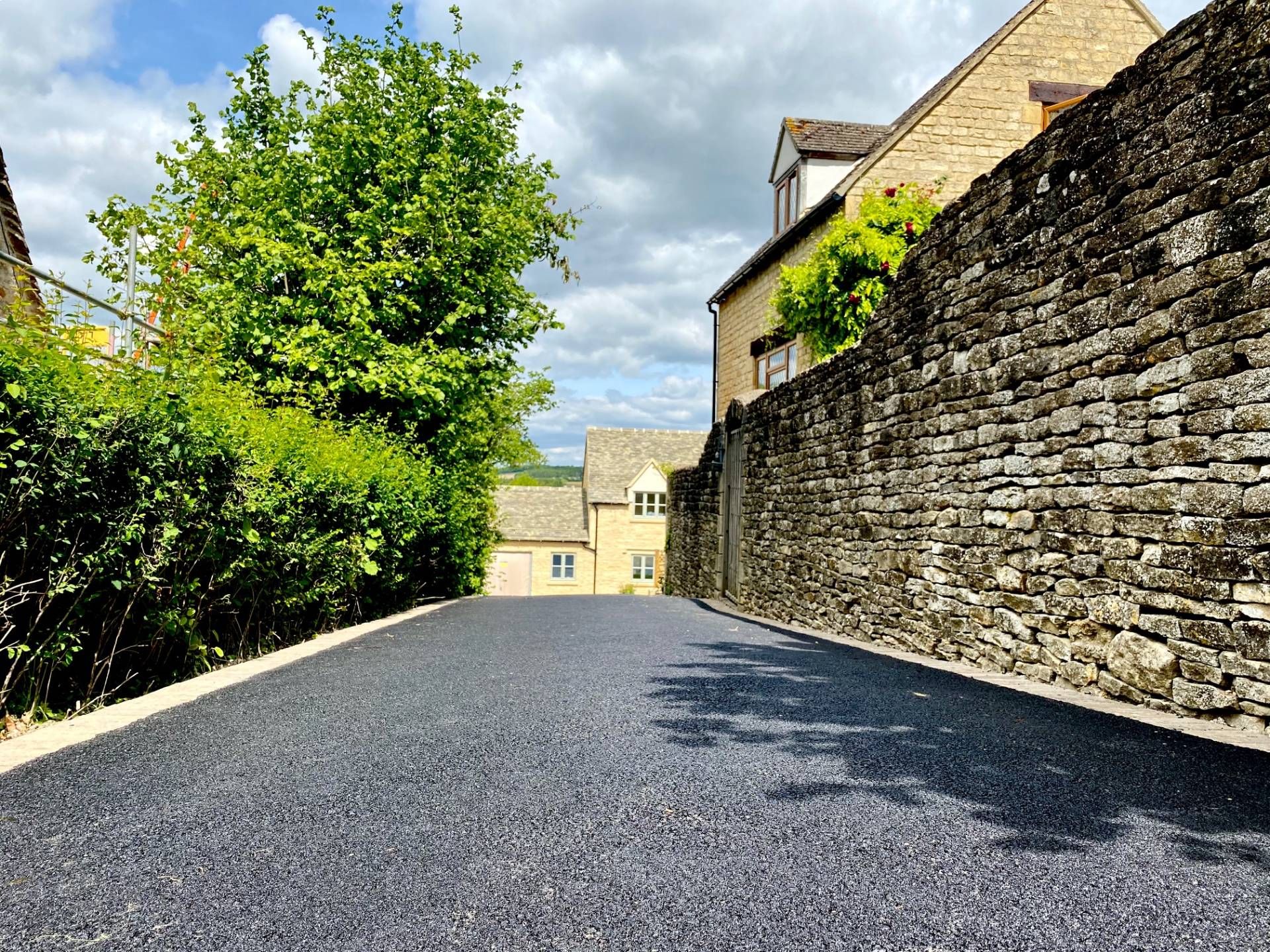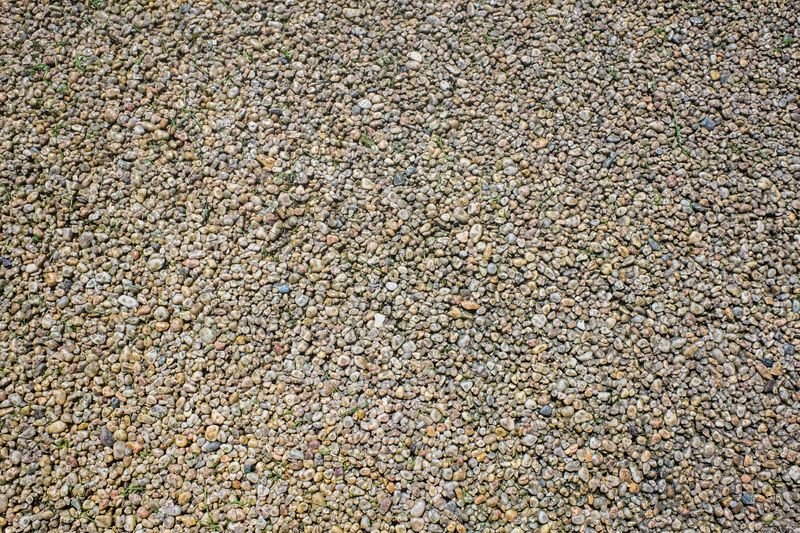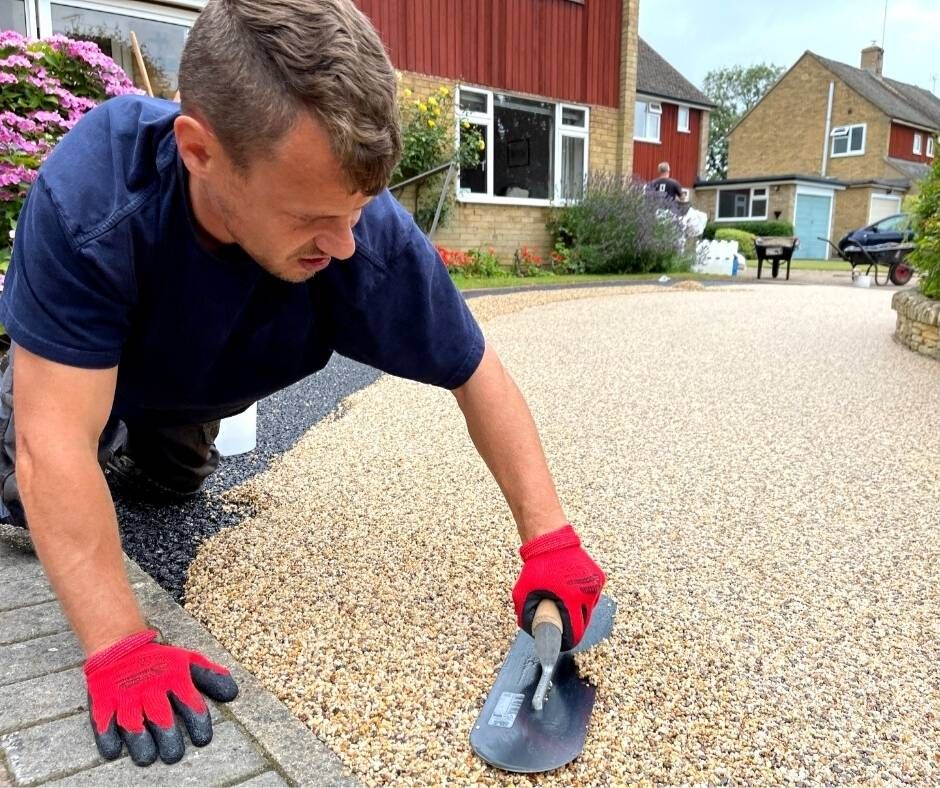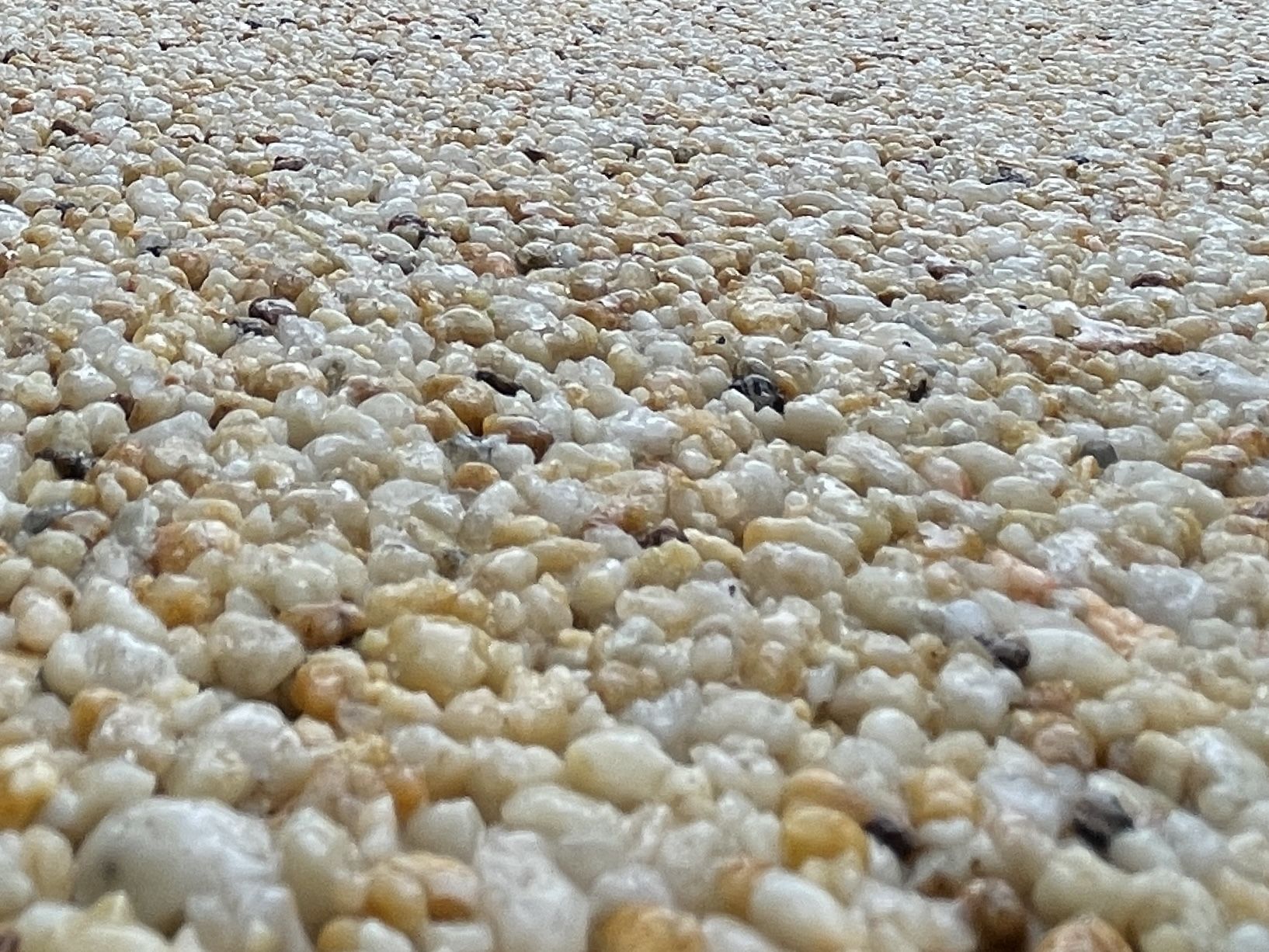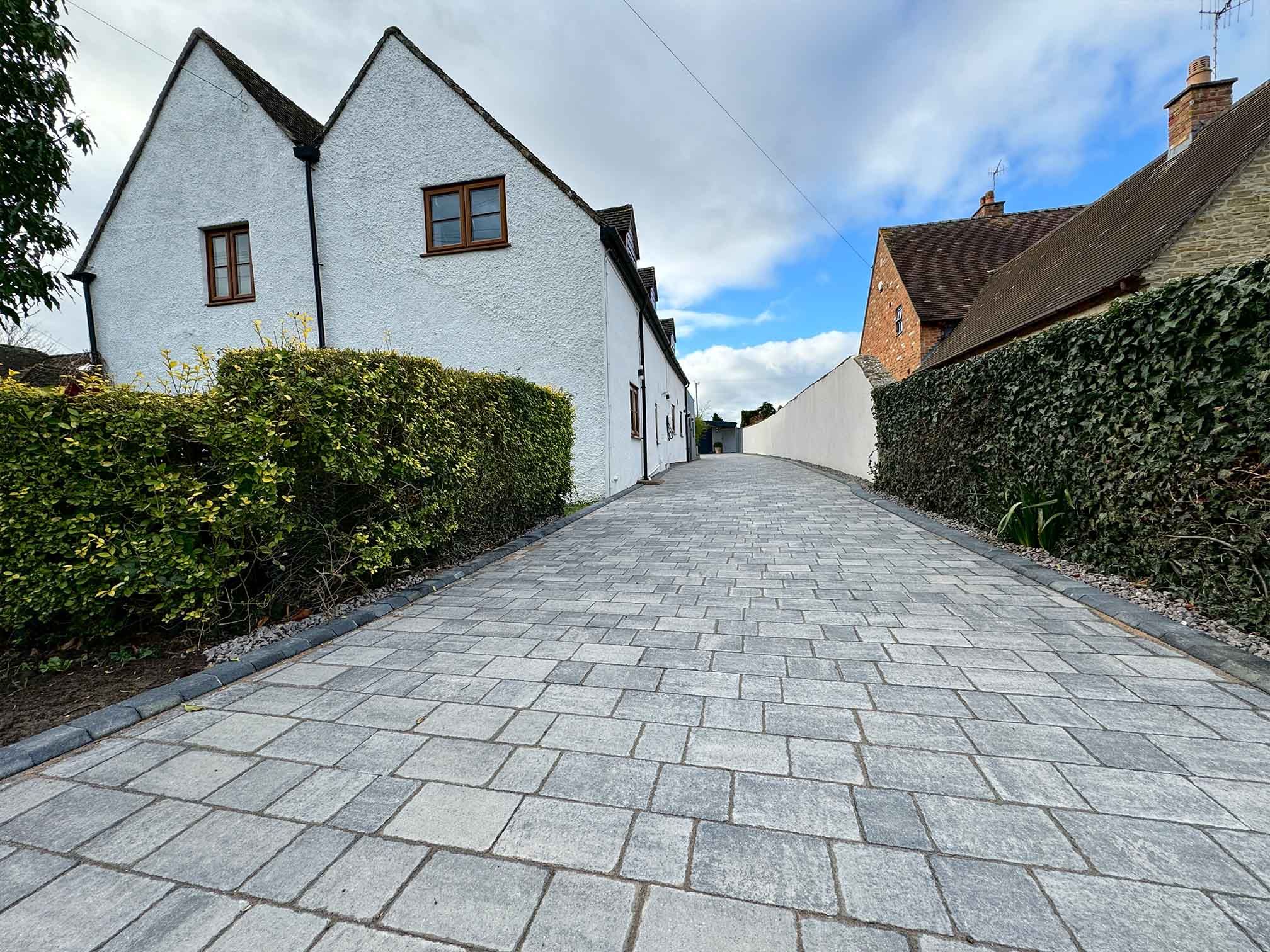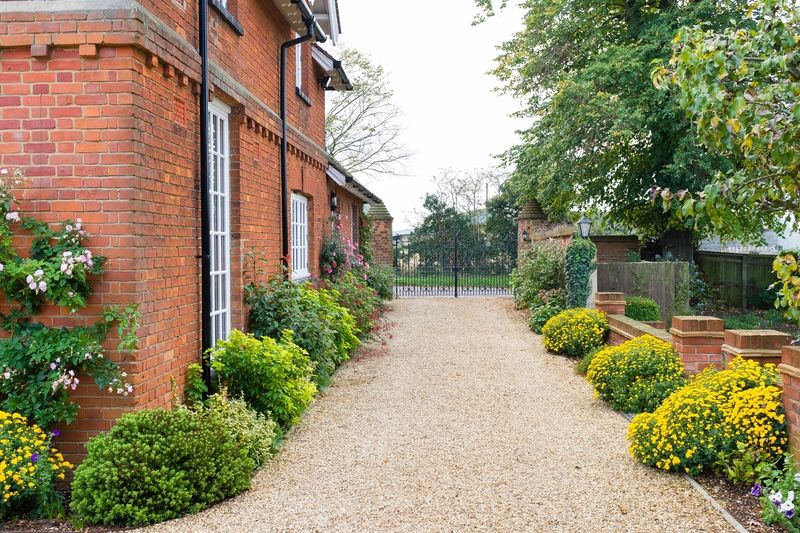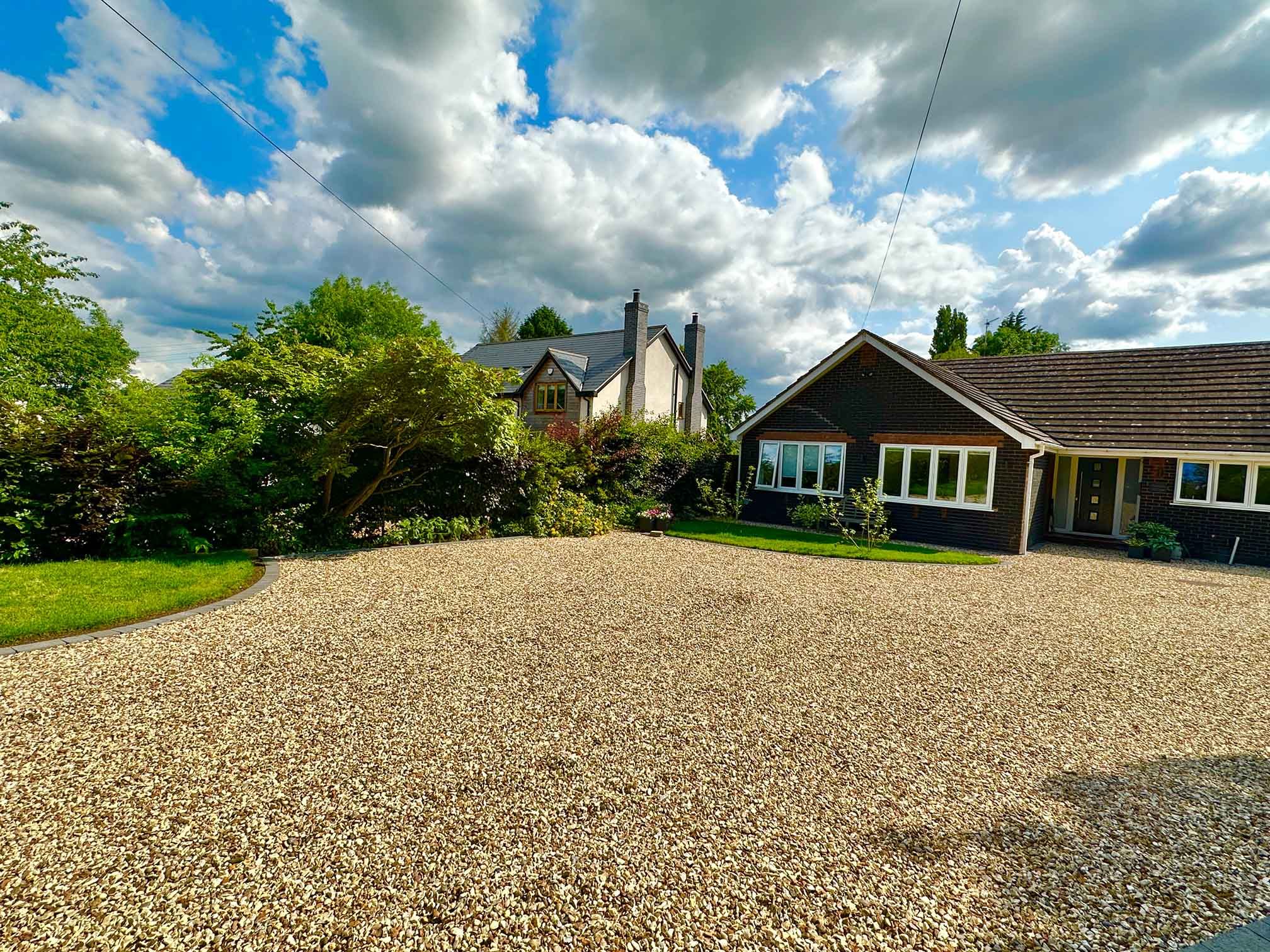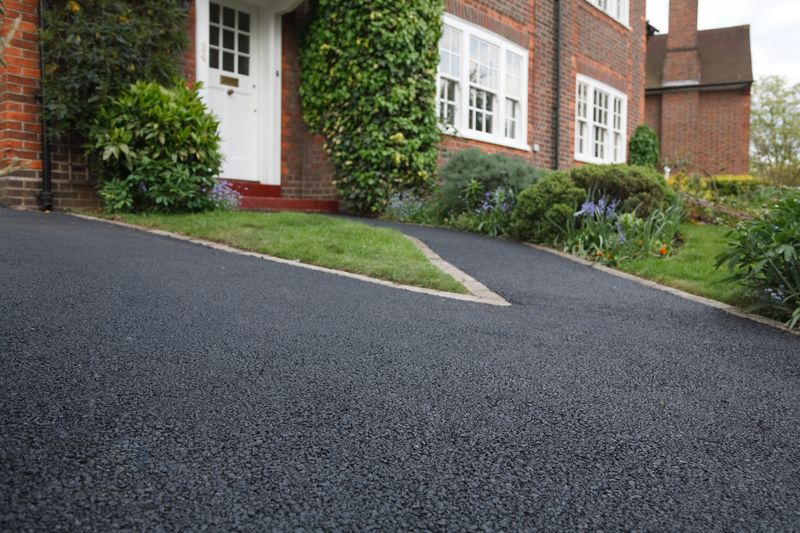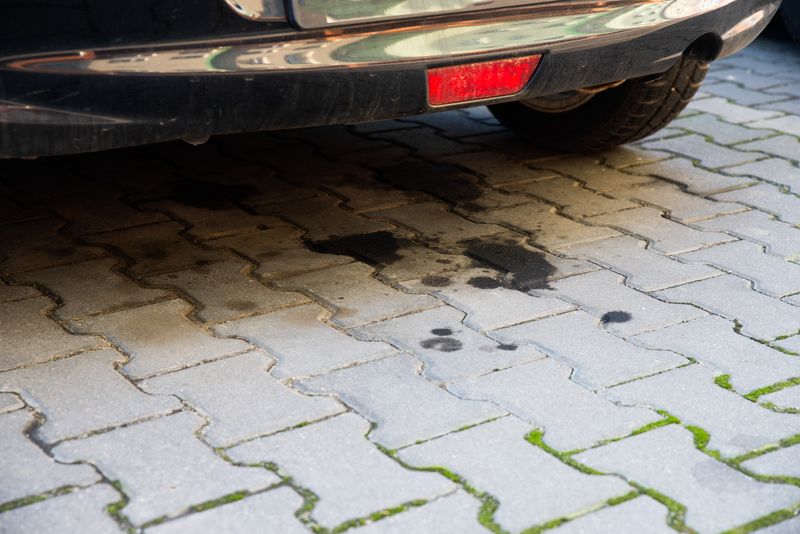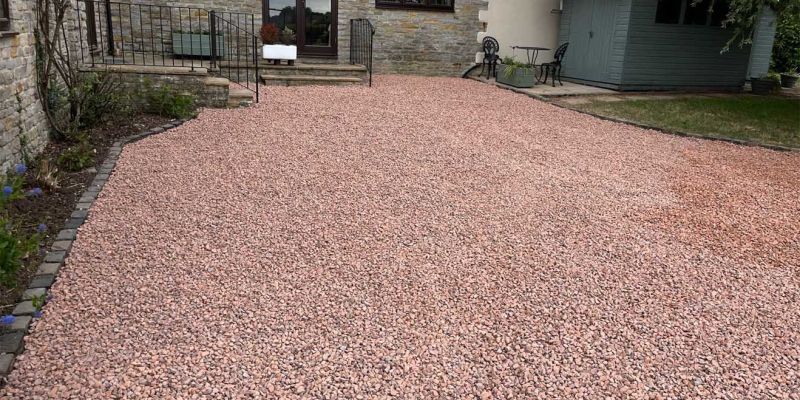
Is a gravel driveway the best choice for you?
Blog
A driveway needs to be practical, easy to maintain, and it needs to be as aesthetically pleasing as possible. As far as looks go, that is largely a personal choice. For the rest, you need to align the surface you choose with your needs – and your budget.
With so many options to choose from when it comes to resurfacing or putting in a driveway you need to have all the information to make a commitment you can live with – for as long as you live in your house.
In this article, we will be evaluating the benefits and pitfalls of a gravel driveway, what other options there are to consider, and where to look for advice to help you make the best choice for you.
We’ve also included a few interesting facts about where gravel comes from.
The 6 main benefits of a gravel driveway:
-
Reasonably priced
The cost per square metre of gravel is lower than the cost to lay other surfaces. If you have a larger area to cover, it is cost-effective. Also, it is a quick fix for a muddy patch.
-
Easy to maintain
It doesn’t require much upkeep and if you need to top it up, it is easy to do.
-
Drainage –
It keeps rainwater from puddling on your driveway as it drains away effectively through the stones.
-
Environmental benefits
it is permeable and drains well, it is environmentally better than other surfaces, allowing rainwater to run off.
-
It looks attractive
You can select a size and style of gravel that best suits your taste and the style of your building, whether that is your home or an office.
-
Sound
The satisfying ‘scrunch’ when you pull up to the front door or a friend comes calling.
The 6 main disadvantages of a gravel driveway:
-
Sloping driveways
if your driveway is on a slope then gravel is not the best choice as its loose structure will lead to loss quickly.
-
Weeds
though it is easy enough to pluck the weeds out as you see them if you didn’t get a proper weed sheet down under the gravel, it does add a chore to the household list.
-
Cleanliness
if there are neighbourhood pets or other animals, the gravel can be seen as a convenient bathroom that will need cleaning. It can get dusty too, though the regular rain will help keep it clean.
-
Snow and ice
it can be harder to remove snow and ice from a gravel driveway, however, salting it or ensuring it is put down with a gravel grid can decrease the difficulty.
-
Holes and ruts –
depending on the quality of the gravel used and how much wear and tear it gets, you need to top up where holes appear to keep the even, attractive look of your gravel driveway.
-
Sound and stones in your shoes
the sound of anyone arriving can annoy some people and if you select a stone size that’s small enough to get stuck in the tread of your shoe it is also irritating.
What other driveway surfacing options are there?
- Tarmac and asphalt – this is a great way to neaten up existing driveways to create a smooth finish.
- Block paving – durable, practical and cost-effective, adding value to your home for years to come.
- Resin paving – a mixture of aggregate stones and resin, this finish is durable and will maintain its look for a long time if properly treated.
Where to get professional help
If you are still unsure of what you need and how to weigh that up against what you want and what you can afford – get no-strings-attached help from the professionals.
Henson Surfacing has been in the business of helping people choose the right driveways for their needs with groundwork and surface laying experience that spans 20 years. They offer four different surface options – gravel, tarmac, block paving and resin paving – so are uniquely placed to advise you on the best choice for you.
Contact us now for a free evaluation and quote: https://www.hensonsurfacing.co.uk/driveways
Did you know?
- Gravel is naturally occurring in a riverbed or pit, but much of that used to lay driveways or pathways is made from crushing larger pieces of stone from a quarry.
- The types of stones in gravel include granite, sandstone, marble, limestone and slate.
- For the best results, a driveway should have three layers of gravel, with each layer being 4 to 6 inches thick.
- A gravel driveway can last for between three and 10 years, depending on the conditions and how professionally it was done.
Here are some other Articles you may be interested in:
5 Ways Gravel stands out from its Alternatives
